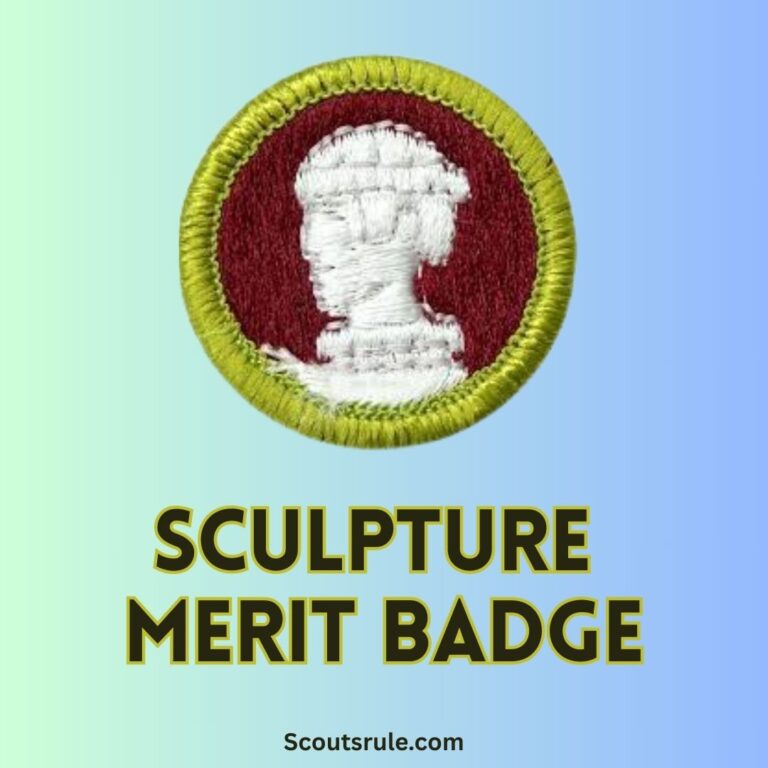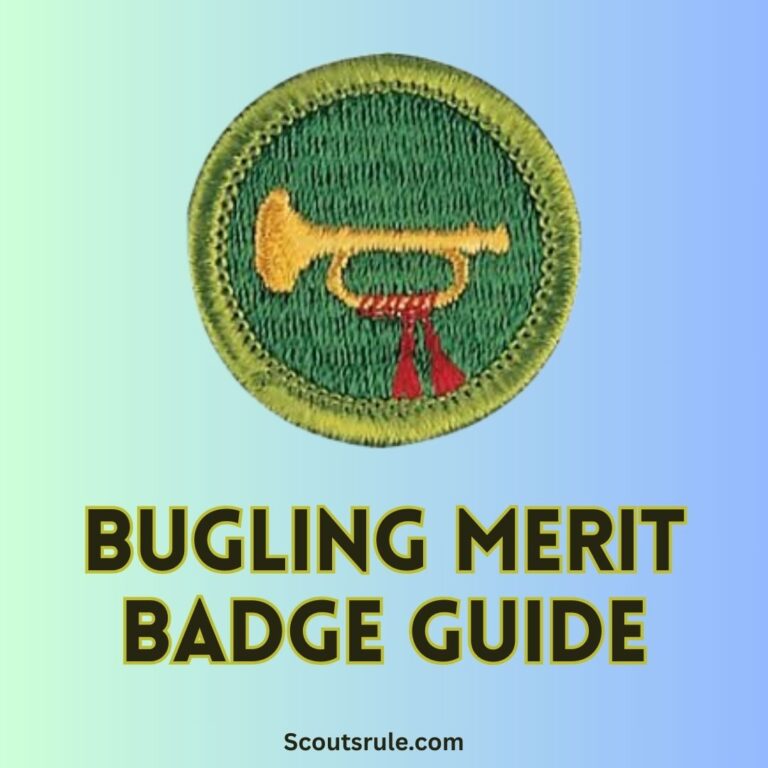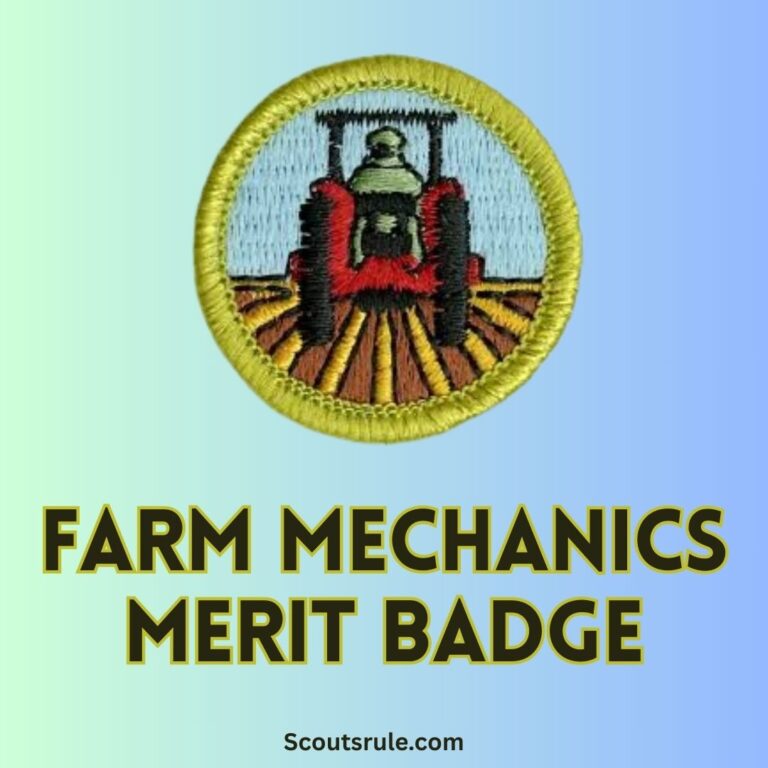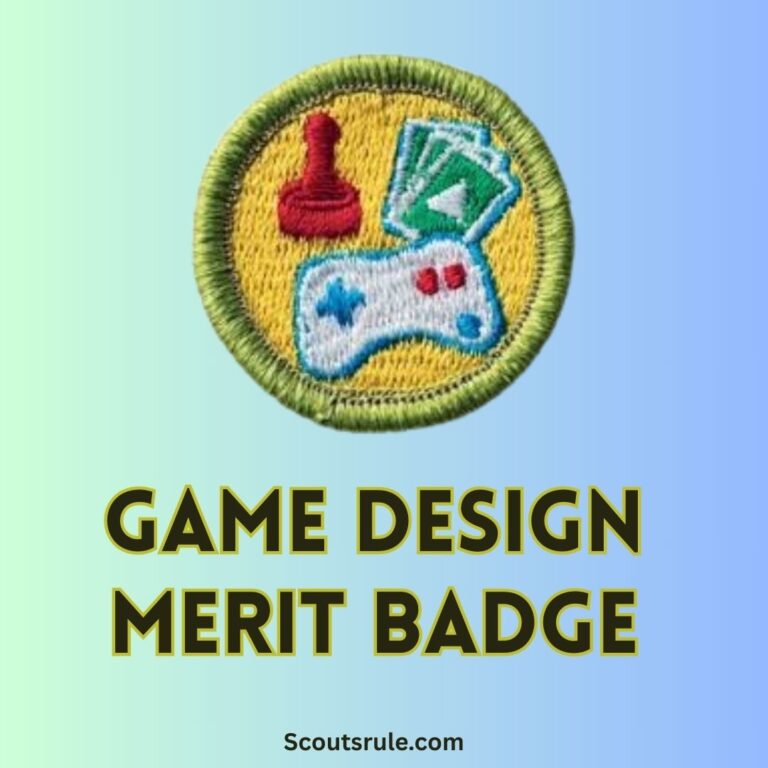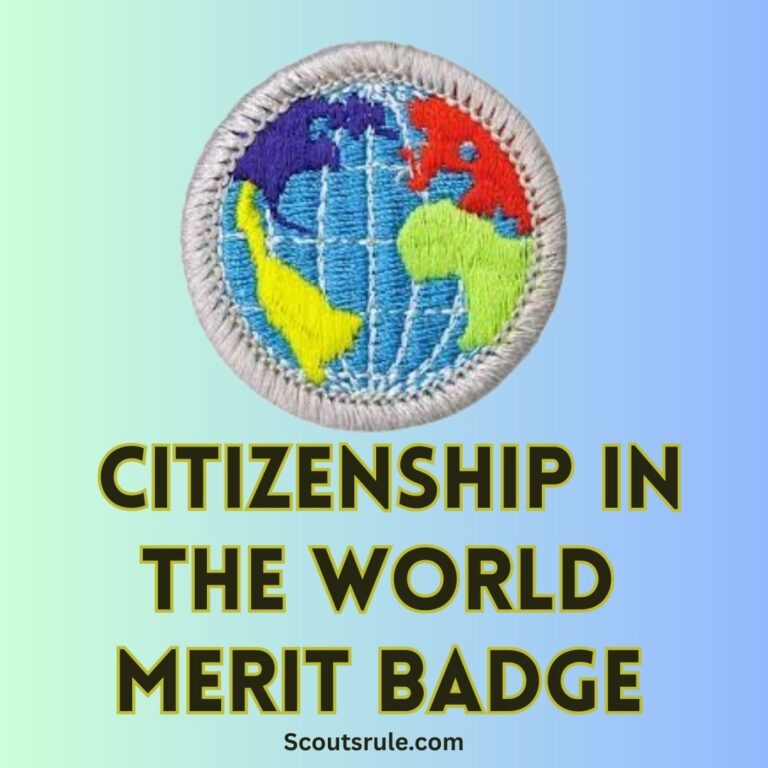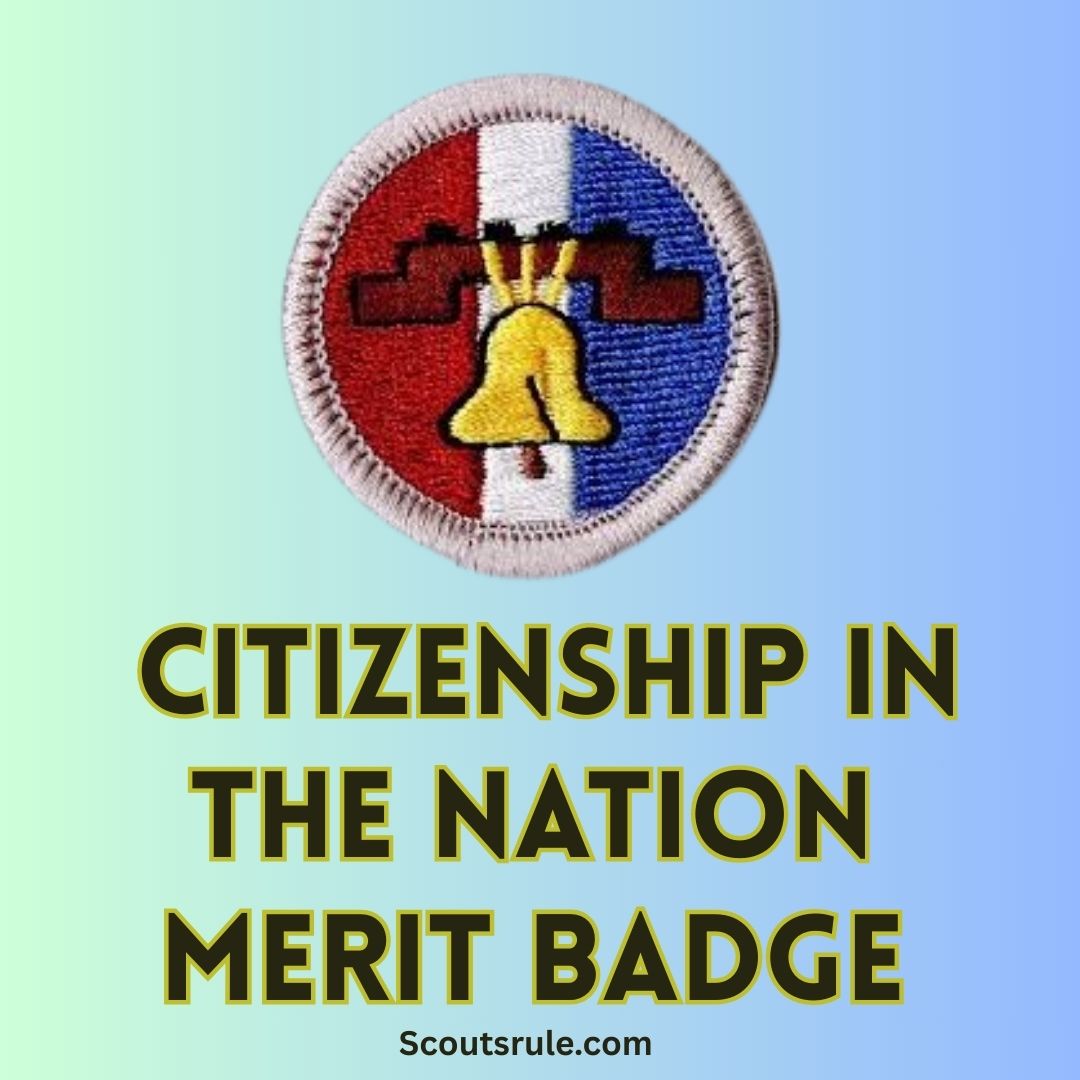
In today’s ever‑changing world, being an informed and engaged citizen is more important than ever. The Citizenship in the Nation Merit Badge challenges you to examine what it means to be a thoughtful, responsible, and active citizen in the United States. In doing so, it guides you through an exploration of our constitutional foundations, civic rights and duties, current national issues, and key historical events that have shaped our nation.
This guide is organized into sections that mirror the merit badge requirements. We will start with defining citizenship and discussing the responsibilities that come with it. Next, we’ll explore the rights, duties, and obligations of U.S. citizens, and look at how current national events and historical speeches impact our sense of civic duty. Finally, we’ll discuss hands‑on activities—visiting significant landmarks, touring government buildings, and even writing to your congressional representatives—that put your learning into practice. By the end of your journey, you’ll be armed both with information and with an active plan for contributing to your community and country.
Post Contents
- 1. What Does Citizenship in the Nation Mean?
- 2. The Rights, Duties, and Obligations of U.S. Citizenship
- 3. Analyzing National Heritage and Historical Foundations
- 4. Investigating National Issues Through Current News
- 5. Hands‑On Activities: Connecting With National Heritage
- 6. Engaging With Your Representatives: Writing to Congress
- 7. Reflecting on Civic Duty and Future Involvement
- 8. The Broader Significance of Citizenship in the Nation
- 9. Practical Steps for Success
- 10. Final Thoughts: Becoming a Citizen of the Nation
1. What Does Citizenship in the Nation Mean?
The very first step in this merit badge is to answer a profound, personal question: what does being a citizen in the nation mean to you? More than a legal status, citizenship is an active commitment to the community, the country, and the broader democratic process.
Reflecting on Your Role
- Personal Responsibility: Being a citizen means taking responsibility not only for your own actions but also for contributing positively to your community. It involves staying informed on issues that influence your daily life and the welfare of your neighbors.
- Informed Participation: At its heart, active citizenship demands that you be well‑informed—whether that development comes through reading national news, participating in discussions, or studying the principles that govern our nation. Through this merit badge, you will learn that knowledge empowers you to act.
- Engagement and Service: Citizenship also means acting for the common good through community service, civic engagement, and public dialogue. By engaging in these activities, you help to shape policies and practices that protect and nurture our nation’s values.
As you write your personal definition of “citizenship in the nation” in your merit badge workbook, consider how your daily interactions—from school and work to your leisure activities—reflect your commitment to being a proactive American. Document your ideas and goals, and use them as the foundation upon which you build your further research.
2. The Rights, Duties, and Obligations of U.S. Citizenship
A central element of the badge is to understand what it means to be a citizen in the United States. This involves learning about the rights you enjoy as well as the responsibilities you bear as part of the American democratic system.
Becoming a U.S. Citizen
Citizenship in the United States is acquired in two principal ways:
- Birthright Citizenship: Many individuals automatically become citizens if they are born on U.S. soil, as defined by constitutional law and historical practice.
- Naturalization: For those who arrive from abroad, the naturalization process requires fulfilling criteria such as permanent residency, language proficiency, knowledge of U.S. history and government, and a pledge of allegiance.
Understanding these processes helps clarify how citizenship is both a birthright and, for many, an earned status.
Rights and Freedoms
U.S. citizens are guaranteed fundamental rights by the Constitution and the Bill of Rights. These include:
- Freedom of Speech and Expression
- Freedom of Religion
- Right to Vote
- Right to Due Process
These rights carry immense power but only when they are actively understood and used responsibly.
Duties and Responsibilities
Citizenship is not merely about enjoying rights; it also comes with privileges that must be balanced with civic duties:
- Participation in Elections: Voting in local, state, and national elections is one of the most important responsibilities of a citizen.
- Obeying the Law: Following federal, state, and local laws ensures the smooth functioning of our society.
- Community Service: Many citizens volunteer their time and talents for the betterment of their communities.
- Staying Informed: Regularly engaging with current events—whether by watching the news or reading reputable sources—allows you to contribute thoughtfully to civic dialogue.
Take time to reflect on how these rights and responsibilities interact in your own life. What does it mean for you to exercise your freedom of expression? How do you help support and improve your community? Your personal reflections will later serve as the basis for your discussions with your merit badge counselor.
3. Analyzing National Heritage and Historical Foundations
Before you can fully appreciate your responsibilities as a citizen, it is essential to understand the historical context that gives American citizenship its meaning.
The U.S. Constitution and Bill of Rights
The U.S. Constitution not only sets out the structure of government but also enshrines rights and responsibilities that have guided American life for over two centuries. The preamble of the Constitution outlines the purposes of government—including establishing justice, ensuring domestic tranquility, providing for the common defense, promoting the general welfare, and securing the blessings of liberty for all citizens .
Equally significant are:
- The Declaration of Independence: This document laid the ideological foundation for freedom and democratic governance.
- The Bill of Rights: The first ten amendments guarantee essential freedoms and underscore the importance of civil liberties.
- The 14th Amendment: This amendment ensures equal protection under the law for all citizens, a critical component of modern civil rights.
Historical Speeches
A valuable assignment for this merit badge involves selecting and analyzing a speech of national historical importance. High‑profile speeches—such as Martin Luther King Jr.’s “I Have a Dream” or Abraham Lincoln’s Gettysburg Address—offer insight into the challenges the nation has faced and the aspirations that continue to inspire citizens.
When analyzing a historical speech, consider:
- The Author: Who delivered the speech? What was their role in history?
- Historical Context: What national difficulties or social issues were at the core of the speech?
- Message and Impact: What did the speaker say, and why is the speech remembered? Which lines resonate with you, and how do they inspire your vision of citizenship?
This assignment helps you link the lofty ideals of American democracy with everyday civic responsibilities.
4. Investigating National Issues Through Current News
A key requirement for the Citizenship in the Nation Merit Badge is for you to become familiar with current national issues and understand how these issues affect both the country as a whole and your local community.
Engaging with the News
You are asked to watch the national evening news or read the lead stories in a national media outlet for five consecutive days. This exercise is designed to help you discover which issues are at the forefront of American political and social life.
During your media review, make notes that address:
- Security: What national security challenges are being discussed? Are there any threats to public safety?
- Economy: Consider economic trends such as job growth, inflation, or international trade issues.
- Values and Public Policy: How do current debates reflect on core American values like freedom, equality, and justice?
- Public Health: What health-related challenges (such as pandemics or public health crises) are impacting citizens?
Reflecting on Impact
After five days of tracking the news, discuss with your counselor the issues that caught your attention. Choose one central issue that matters to you and explain:
- How does it affect you, your family, and your community?
- What actions can citizens take regarding this issue?
- How does this reflect the spirit of civic duty?
In your merit badge workbook, detail your reflections and include supporting details from the news coverage. This assignment not only builds your awareness of national affairs but also fosters a habit of critical engagement with current events.
5. Hands‑On Activities: Connecting With National Heritage
To fully appreciate your national citizenship, you will complete at least two activities that connect you with the historical and civic landscape of the United States. You may choose from the following options (with the guidance and approval of your counselor):
5.1 Visiting Historical Landmarks or Monuments
- National Historic Landmarks: Visit a site listed as a National Historic Landmark or included on the National Register of Historic Places. Learn about the landmark’s historical significance, the events associated with it, and your personal impressions of its importance.
- State or Federal Capital Buildings: Tour your state capitol or the U.S. Capitol. Analyze the architecture, learn about its function in government, and discuss what its design reveals about the nation’s history and values.
Document your visit by taking notes, photos, or sketches. When you report back to your counselor, explain what you learned about the site’s role in the nation’s history and why you find it significant.
5.2 Touring a Federal Facility
Another option is to tour a federal facility, such as a post office or military base. These tours can help you understand how government institutions serve the local community and contribute to the national structure of support and governance. Describe what you saw, what functions the facility fulfills, and how it impacts the lives of citizens.
6. Engaging With Your Representatives: Writing to Congress
Part of being an engaged citizen is knowing your local representatives and communicating your opinions and concerns. For this requirement, you must:
- Identify Your Representatives: Find out who your Senators and Representatives are by using online resources or government directories.
- Write a Letter: Compose a letter addressing a current national issue. In your letter, present your views respectfully and clearly. Explain why the issue matters to you and how it impacts your community.
If you receive a response, share it with your counselor. This exercise instills the values of civic communication and the importance of holding public officials accountable.
7. Reflecting on Civic Duty and Future Involvement
As you work through the merit badge requirements, take time to reflect deeply on what you have learned about civic duty and national citizenship. Consider the following questions:
- How do the rights and responsibilities of U.S. citizenship empower you to contribute to society?
- What role do historical documents and speeches play in shaping national identity?
- How can you use what you’ve learned—from visiting landmarks, tracking current issues, and engaging with government representatives—to make a positive difference in your community?
Document your reflections in your workbook. Write an essay or a series of journal entries that encapsulate your personal journey toward understanding what it means to be a good American citizen. This reflective work is crucial because it transforms academic research into personal action and commitment.
8. The Broader Significance of Citizenship in the Nation
The Citizenship in the Nation Merit Badge is more than an academic exercise. It is a call to action—a challenge to engage with and improve the society in which you live. By understanding your rights and obligations, you learn that:
- Active citizenship strengthens democracy. Voting, community service, and civic discussion are vital practices that keep our national institutions vibrant and responsive.
- Informed citizens are agents of change. When you understand national issues and act on them, you contribute to the ongoing dialogue that shapes public policy and societal values.
- Heritage and civic education are interconnected. Visits to historical landmarks and understanding the roles of governmental institutions provide context to the freedoms and responsibilities you enjoy as a citizen.
This merit badge is not a one‑time project—it is the foundation for a lifetime of informed and active participation. Use the knowledge you gain to become an advocate for justice, an ambassador of civic dialogue, and a role model for the Scouting spirit.
9. Practical Steps for Success
To help you navigate the merit badge requirements effectively, here are some practical tips:
- Keep a Detailed Workbook: Write down your thoughts, reflections, research findings, and responses to each requirement. This record will serve as both an assignment and a personal diary of your civic growth.
- Engage in Discussions: Regularly talk with your merit badge counselor, teachers, or other community leaders about your findings and thoughts. A variety of perspectives will deepen your understanding.
- Use Multiple Resources: Read the U.S. Constitution, historical documents, and credible news sources. Explore educational websites and visit local libraries to access primary sources.
- Plan Your Visits: When planning your visits to historical landmarks or government facilities, schedule time to observe carefully and consider what each site reveals about American history and government.
- Reflect Personally: Take the time to answer the guiding questions in your own words. The merit badge is most impactful when it not only increases your knowledge but also establishes how you will use that knowledge to improve society.
10. Final Thoughts: Becoming a Citizen of the Nation
Earning the Citizenship in the Nation Merit Badge is not simply about checking off a list of requirements—it’s about transforming the way you see yourself and your role in the larger democratic process. As Socrates once said, “The unexamined life is not worth living.” In examining the rights, duties, and history of your nation, you take an active step toward a life of deliberation, responsibility, and service.
By engaging with current news, studying the foundations of American democracy, visiting national landmarks, and even writing directly to your government representatives, you become part of a proud tradition of citizens who have shaped—and continue to shape—this country. You learn that while rights are guaranteed by law, they must be defended and nurtured through actions that reflect the spirit of civic duty.
Take this guide as both an educational resource and a call to lifelong learning. May the ideas and activities detailed here inspire you not only to earn a merit badge but to carry forward the values of informed citizenship wherever you go. Remember, the United States is built on the active participation of its citizens, and your voice matters in creating a better future for all.
As you submit your completed assignments to your merit badge counselor, think about the steps you can take next—whether it’s engaging in further community service, staying active in civic discussions, or continuing your exploration of American history. Your journey to becoming an active citizen does not end at the badge; it is only the beginning of a lifelong commitment to making informed decisions and contributing positively to our nation.
Today’s world is complex, and the responsibility of being a good citizen is ever more important. The Citizenship in the Nation Merit Badge lays the groundwork for you to approach these challenges with insight, commitment, and hope.
Happy exploring, and may your path to active citizenship be as enlightening as it is transformative!

Hi, Robin here, A former lead Scout and here I share my inspiring stories about USA Scouts, leadership, adventure, how to guides and more.


